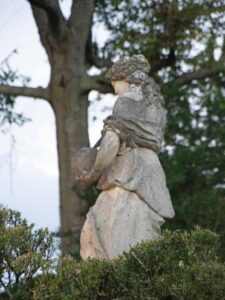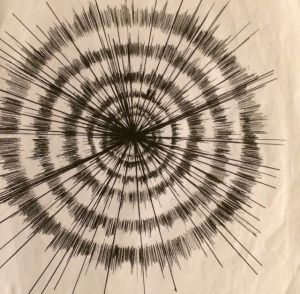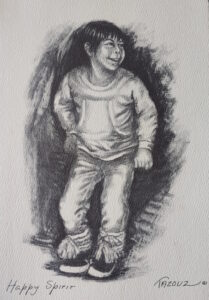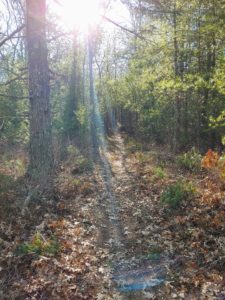The heavens are telling the glory of God; and the firmament proclaims his handiwork.
Day to day pours forth speech, and night to night declares knowledge.
There is no speech, nor are there words; their voice is not heard;
yet their voice goes out through all the earth, and their words to the end of the world.
In the heavens he has set a tent for the sun, which comes out like a bridegroom from his wedding canopy, and like a strong man runs its course with joy.
Its rising is from the end of the heavens, and its circuit to the end of them; and nothing is hid from its heat.
The law of the Lord is perfect, reviving the soul; the decrees of the Lord are sure, making wise the simple; the precepts of the Lord are right, rejoicing the heart; the commandment of the Lord is clear, enlightening the eyes;
the fear of the Lord is pure, enduring forever; the ordinances of the Lord are true and righteous altogether.
[Psalm 19:6-9, NRSV. For the complete psalm, click psalm 19 above.]
What revives your soul and makes your heart rejoice? What makes the simple wise and enlightens the eyes? My off-the-cuff answers:
Beautiful images revive my soul.
The moon path on the water makes my heart rejoice.
A compassionate heart makes the simple wise, and meeting a beloved enlightens the eyes.
I can’t say that law comes to mind as the answer to these questions, but it should – especially the law of the Lord. Maybe something like this…
Not looking at my neighbors’ possessions with envy makes it possible, even inevitable, that the sight of them will bring joy.
Avoiding eating and drinking to excess honors the work that went into growing and preparing the bounty on my table, and keeps my body nourished.
Laziness wastes the precious hours, days, years, and decades I have been given; using my time and energy wisely (including rest!) satisfies my body, mind, and spirit.
Loving God above all other things keeps me from enslavement to money, status, and other harmful masters.
Seen this way, the Law of God is a gift, the path to a loving, joyful, sacred life. Not fetters, but freedom.
How is it that the Law of God is so rarely framed in this way?




